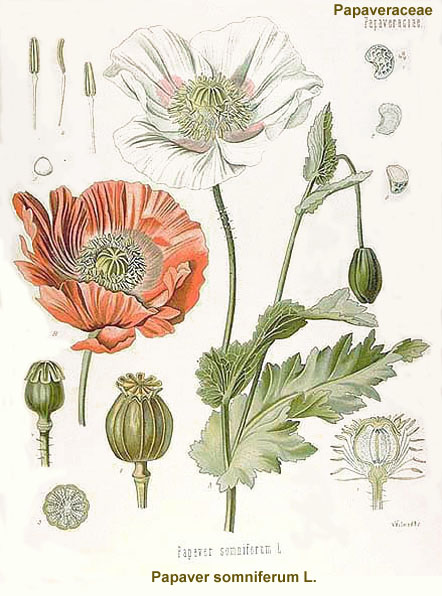
UK study looks at nosocomial H1N1 cases during pandemicBritish researchers who collected data on 1,520 pandemic H1N1 flu patients treated in a nationwide sample of hospitals found that 30 (2%) of the patients contracted the illness in the hospital, according to a report published online by Emerging Infectious Diseases. the data were collected from 75 hospitals through the Influenza Clinical Information Network between May 11, 2009, and Jan 31, 2010. Nosocomial cases were defined as those in which the patient was hospitalized for a reason other than a respiratory infection and experienced respiratory symptoms more than 3 days after admission. Of the 30 patients, 12 of 15 adults and 14 of 15 children had serious underlying illnesses. only 12 of the 21 patients who received antiviral treatment received it less than 48 hours after illness onset. Eight of the 30 patients died. "Staff should remain alert to the possibility of influenza in patients with complex clinical problems and be ready to institute antiviral therapy while awaiting diagnosis during influenza outbreaks," the report says.Feb 8 Emerg Infect Dis report
Hong Kong’s severe flu outbreak spurs immune therapy trialMedical experts in Hong Kong said yesterday that they hope to treat about 70 severely ill flu patients with antibodies from patients who have recovered from infection with the 2009 H1N1 virus, the area’s current predominant strain, Reuters reported. Dr Kelvin To, a microbiologist at Hong Kong University (HKU), said a colder, dryer, and longer winter has increased transmission and virus survival. He told reporters that the treatment of severely ill patients over the coming weeks is part of a clinical trial, based on an earlier convalescent therapy trial by HKU researchers. the findings, which appear in Clinical and Vaccine Immunology, found that Asian patients who experienced "cytokine storm" reactions from 2009 H1N1 infections had decreases in immunoglobulin G2 (IgG2), which helps defend against secondary bacterial infections. in an HKU press release, they said the findings suggest convalescent therapy can help boost IgG2 levels and reduce viral load. the next phase of the clinical trial will explore if using concentrated antibodies is more effective than routine convalescent therapy, To told Reuters.Feb 8 Reuters storyFeb 8 HKU press releaseFeb Clin Vaccine Immunol abstractIn a related development, Dr York Chow, Hong Kong’s secretary for food and health, said today in a statement that this flu season’s peak is particularly severe, because about 90% of isolates are the 2009 H1N1 virus, which can cause more serious complications. He said 48 patients have been admitted to intensive care units over the last 2 weeks, of which 60% had underlying medical conditions. Nine patients have died. He warned people to get vaccinated and to be vigilant for outbreaks at schools, which will resume in the coming weeks. He said he expects the flu season peak to last through the middle of March.Feb 9 Hong Kong government press release
FDA clears early US trial of Medicago H1N1 vaccineMedicago, a biotechnology company based in Quebec City, announced yesterday that it has received clearance from the US Food and Drug Administration to launch a clinical trial of its virus-like particle (VLP) H1N1 vaccine candidate in the United States. the company said in a press release that the phase 1 trial, which will launch in the coming weeks, will lead to a phase 2a trial of a trivalent vaccine containing the H1N1 virus later this year. Andy Sheldon, Medicago’s president and chief executive officer, said in the statement that the good safety and immunogenicity the company has demonstrated with the platform in avian influenza vaccine trials provides solid support for a seasonal flu vaccine candidate. Medicago’s VLP flu vaccine platform uses non-transgenic plants to produce recombinant antigens.Feb 8 Medicago press release
Gates Foundation awards $5.5 million for advancing malaria researchThe Bill & Melinda Gates Foundation awarded the University of South Florida (USF) $5.45 million in two grants for advancing malaria research—one to better study the life cycle of the malaria parasite, and one to develop a continuous culture system for it. USF will collaborate with Draper Laboratory of Cambridge, Mass., to create "advanced devices that mimic the human liver to better study the life cycle of the malaria parasite—particularly the elusive liver stage where the disease may be most vulnerable to attack," according to a USF press release. these human models may help foster the discovery of new drugs or even vaccines against Plasmodium vivax and P falciparum, the two most common malaria parasites, which are increasingly becoming resistant to current drugs, according to the release. "new human models are the basic building blocks needed to establish strong, credible drug and vaccine discovery programs," said Dennis Kyle, PhD, professor of global health at the USF College of Public Health. Malaria parasites are fewer in number during the liver stage of the disease, before they multiply dramatically and enter the bloodstream. the second grant is for developing a long-term continuous culture system for P vivax, which is essential for studying the organism.Feb 8 USF press release